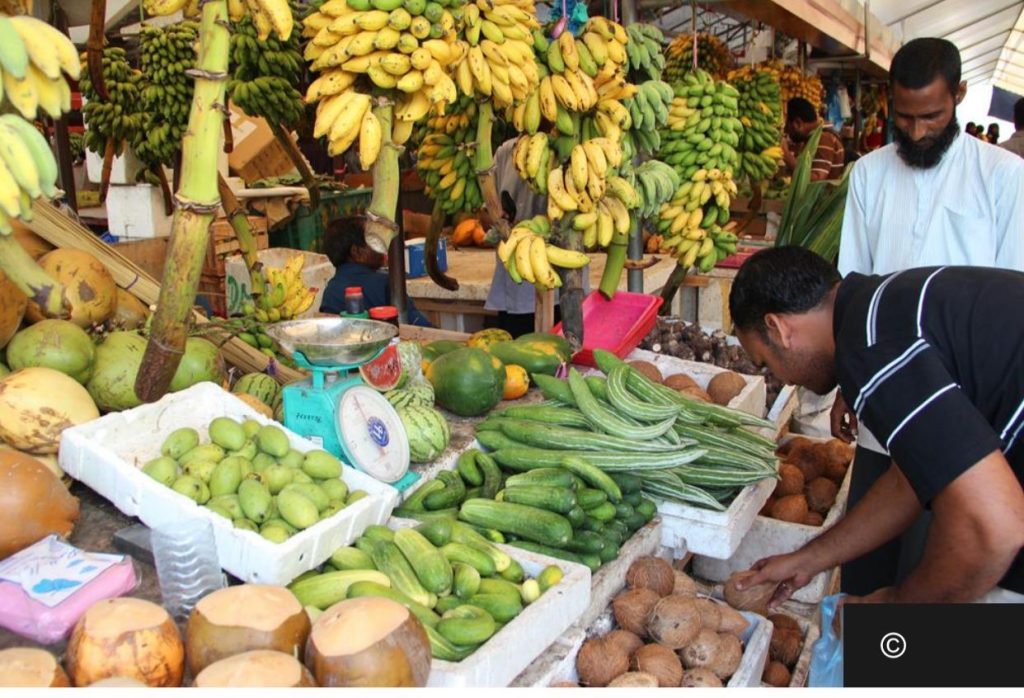By: Omene Priscillia
A healthy diet is one that maintains or improves overall health. A healthy diet provides the body with essential nutrition: fluids, macro- and micronutrients such as protein and vitamins, adequate fiber, and food energy. A healthy diet is essential for good health; it protects you against many chronic noncommunicable diseases, such as heart disease, diabetes, and cancer. A varied diet that includes less salt, sugar, saturated fat, and industrially produced trans fats is essential for a healthy diet.
A healthy diet comprises a combination of different foods. These include cereals (wheat, barley, rye, maize, or rice) or starchy tubers or roots (potato, yam, taro, or cassava). Legumes (lentils and beans). Fruit and vegetables Foods from animal sources (meat, fish, eggs, and milk).
Here is some useful information, based on WHO recommendations, on how to follow a healthy diet and the benefits of doing so.
Breastfeeding: A healthy diet starts early in life; breastfeeding fosters healthy growth and may have longer-term health benefits, like reducing the risk of becoming overweight or obese and developing noncommunicable diseases later in life. Feeding babies exclusively breast milk from birth to 6 months of age is important for a healthy diet. It is also important to introduce a variety of safe and nutritious complementary foods at 6 months of age while continuing to breastfeed until your child is 2 years old and beyond.
Vegetables: they are important sources of vitamins, minerals, dietary fiber, plant protein, and antioxidants. People with diets rich in vegetables and fruit have a significantly lower risk of obesity, heart disease, stroke, diabetes, and certain types of cancer.
Less fat and oil: Fats and oils are concentrated sources of energy. Eating too much, particularly the wrong kinds of fat, like saturated and industrially produced trans-fat, can increase the risk of heart disease and stroke. Using unsaturated vegetable oils (olive, soy, sunflower, or corn oil) rather than animal fats or oils high in saturated fats (butter, ghee, lard, coconut, and palm oil) will help you consume healthier fats. To avoid unhealthy weight gain, the consumption of total fat should not exceed 30% of a person’s overall energy intake.
Less sugar intake: For a healthy diet, sugars should represent less than 10% of your total energy intake. Even reducing by less than 5% has additional health benefits. Choosing fresh fruits over sweet snacks like cookies, cakes, and chocolate helps reduce sugar consumption. Limiting intake of soft drinks, soda, and other drinks high in sugar (fruit juices, cordials, syrups, flavored milks, and yogurt drinks) also helps reduce intake of sugar.
Less salt intake: Keeping your salt intake to less than 5 g per day helps prevent hypertension and reduces the risk of heart disease and stroke in the adult population. Limiting the amount of salt and high-sodium condiments (soy sauce and fish sauce) when cooking and preparing foods helps reduce salt intake.

Effects of an unhealthy diet
Malnutrition is also known as nutrient deficiency. It occurs when an organism does not have the nutrients that it needs.
Poor nutrition can cause deficiency-related diseases such as blindness, anaemia, scurvy, preterm birth, stillbirth, and cretinism, or nutrient excess health. Dire conditions such as obesity and metabolic syndrome and such common chronic systemic diseases as cardiovascular disease, diabetes, and osteoporosis. Undernutrition can lead to the stunting of marasmus in chronic cases of malnutrition.
Prevention
To prevent malnutrition, people need to consume a range of nutrients from various food types.
Older adults, young children, people with severe or chronic illnesses, and others may need additional care to obtain the nutrients they need. Anyone who starts to show signs of malnutrition or undernutrition should see a doctor for diagnosis and treatment.
For more information:
Whether you are a seasoned health advocate or just committed to taking the first steps in becoming healthier, share your progress and inspire your friends and family to do the same. While you are here, take a minute to sign up for our weekly updates, and we’ll be in touch with more health advice and the latest findings to improve your health and well-being.
Silver Lining for The Needy Initiative (SLNI) is an indigenous non-profit Organization established in 2009 to promote the spread of humanitarian aid through its broad spectrum of projects and activities.
+234 807 496 7427
info@slni.org
Maitama, FCT 904101,Abuja
© 2025 Silver Lining For The Needy Initiative – All rights reserved